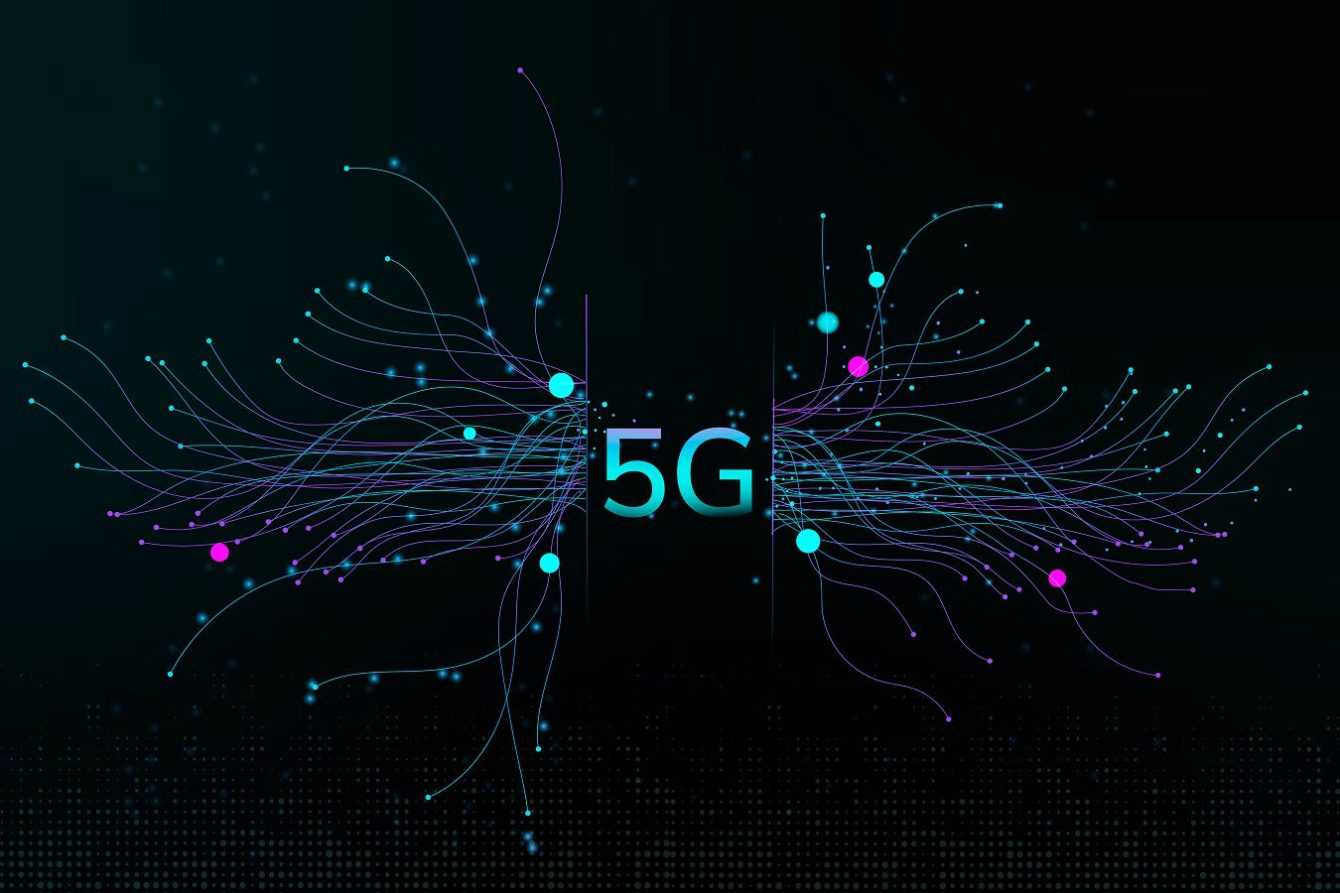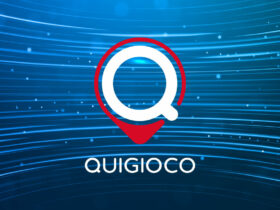In this article we are going to explore with you the synergy that has been established between Blockchain technology and 5G technology
In rapidly evolving technology arenas, the convergence of 5G and Blockchain is reshaping the digital landscape, offering unprecedented possibilities. This exploration delves into the profound impact of 5G on blockchain technology, clarifying how the synergy between these two innovations is poised to redefine the connectivity, security and scalability of blockchain networks.
1. Improved speed and connectivity
The introduction of 5G technology ushers in a new era of faster and more reliable connectivity. This increased speed represents a game changer for blockchain, where transaction processing times are crucial. For example, China’s Blockchain Service Network (BSN) leverages 5G to achieve fast and efficient data transfer, ensuring seamless operations.
2. Reduced latency for real-time transactions
The low latency capabilities of 5G facilitate real-time transactions on blockchain networks. The collaboration between SK Telecom and Deutsche Telekom is an example of this. The joint venture explores how 5G can reduce transaction delays, making blockchain applications more responsive and viable for various industries.
3. Network scalability and efficiency
The impact of 5G on Blockchain extends to network scalability and efficiency according to Immediate Eurax 24. South Korea’s KT Corporation uses 5G to address scalability challenges in blockchain networks. Improved capacity and efficiency enable the network to handle higher transaction volumes, making it adaptable for widespread adoption.
4. Decentralized applications (DAPPS) and IoT integration
5G’s capabilities go beyond traditional blockchain applications, extending to decentralized applications (DAPPS) and the Internet of Things (IoT). For example, Verizon’s 5G network supports blockchain integration with IoT devices, improving data security and transparency across industries from supply chain management to healthcare.
5. Edge Computing e Blockchain
Integrating 5G with edge computing transforms how blockchain processes data. AT&T’s Edge Computing infrastructure and 5G enable faster data processing for blockchain applications. This synergy improves the efficiency of blockchain networks by reducing the load on centralized servers.
6. Greater data security and privacy
5G’s advanced security features improve the robustness of blockchain networks. The partnership between Ericsson and Telia Company explores how 5G can strengthen the security of distributed ledgers. The combination of these technologies ensures a secure, tamper-proof environment for sensitive data.
7. Democratize access to blockchain
The widespread adoption of 5G has the potential to democratize access to blockchain technology. As demonstrated by Rakuten Mobile in Japan, the deployment of 5G networks increases accessibility, allowing a wider range of individuals and businesses to participate in blockchain-based activities.
In conclusion, the fusion between 5G and Blockchain technology marks a crucial moment in the evolution of digital ecosystems. From faster transaction speeds and reduced latency to improved scalability and security, 5G’s impact on blockchain is far-reaching. Real-world examples illustrate the transformative potential of this synergy, promising a future where blockchain applications integrate seamlessly with the high-speed, low-latency capabilities of 5G, shaping a more interconnected and efficient digital landscape.
















Leave a Reply
View Comments